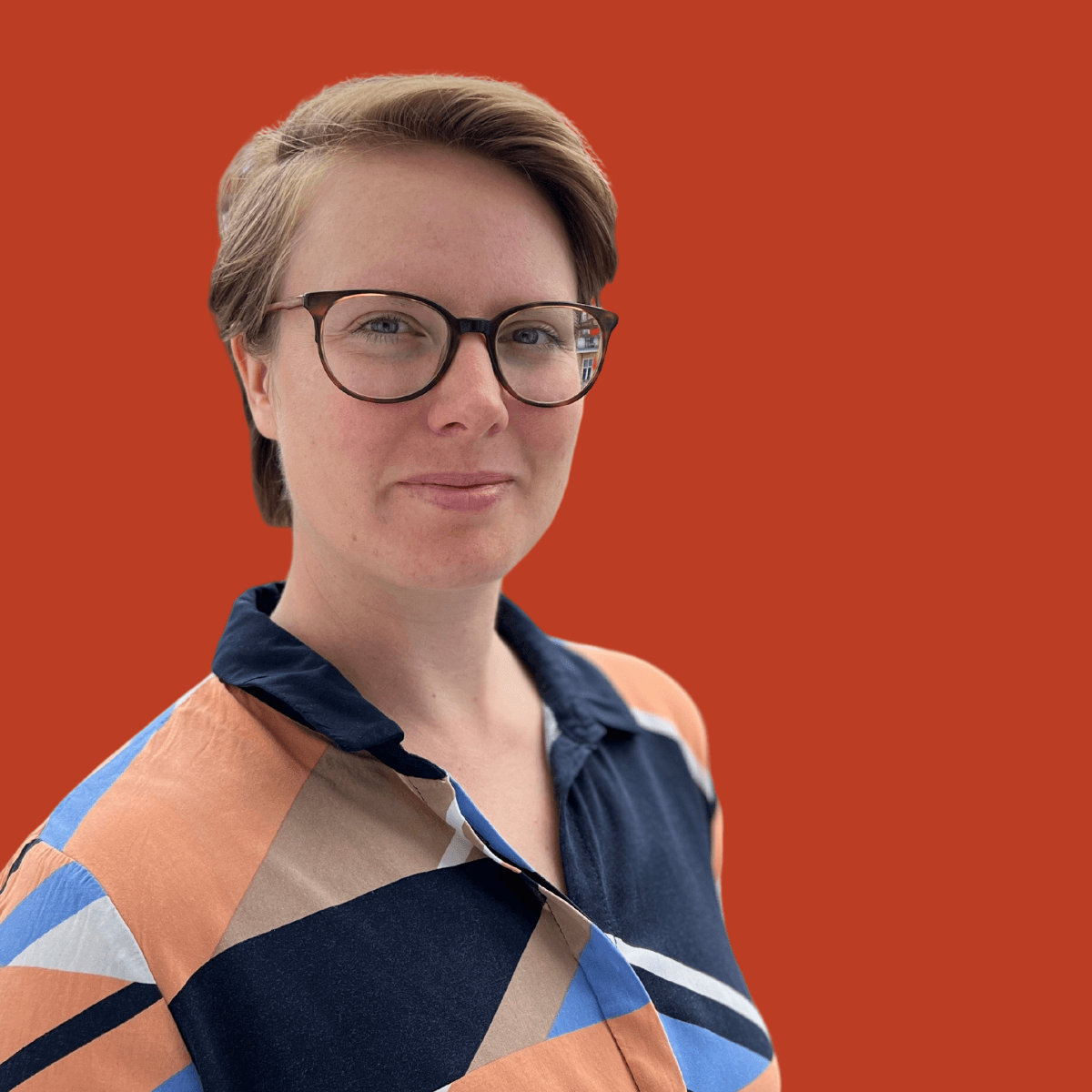The Workshops
Foundations

10 Essentials of Teaching
10 Essentials of Teaching
Little goes a long way!
Becoming a skilled teacher takes time and practice, but there are some essential tools and techniques you can use in your teaching from the very first day in class to create a good learning experience.
In this workshop you will learn the 10 most important aspects of teaching and how you can implement them in your teaching. These tools and techniques will improve your teaching, whether it is your first lesson or your 100th lesson.
Who is it for?
New educators and mentors who seek guidance on how to teach, as well as educators that have been teaching for a while and want to improve their skills.
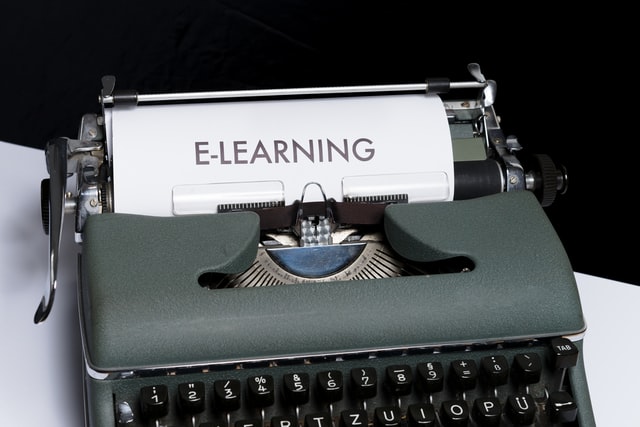
Teaching online
Teaching online
Teaching online is different from teaching in person. Whether you are new to teaching or an experienced teacher in person, moving to an online setting brings its own challenges and is a unique teaching and learning experience all together.
How do we teach effectively online, how do we interact with the students and form a
productive
learning
environment?
In this workshop we will have a look at and use tools and techniques that improve the
teaching
as well
as the learning experience online.
Who is it for?
Educators and mentors who are new to teaching in an online setting.
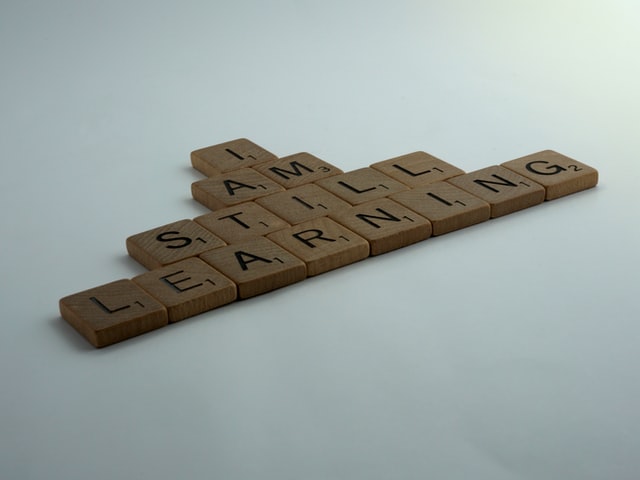
How we learn
How we learn
The old idea of learning as the teacher passing knowledge to the students by talking about the topic is long outdated. But how do we learn? In this workshop we will explore insights from modern research and learn how to make use of this knowledge to support our students in the learning process.
What is meant by dual coding, what is didactic progression, what is the difference between inductive and deductive learning? During this workshop you will get to know the theories behind learning and also practice how to transfer this into your everyday teaching.
Who is it for?
Educators, mentors, instructional designers and others involved in creating a good learning and teaching experience.
Intermediate

Creating engaging lessons
Creating engaging lessons
During a great lesson, time flies by, and at the same time the students learn a lot. But how do you create a great lesson?
In this workshop, insights from modern research are combined with the reality of the classroom, and you will learn how to create lessons that truly help your learners to build an understanding of the topic. We don't talk about didactics and pedagogy purely on an abstract level, but you will learn how you can use this knowledge directly in your teaching. At the end of this workshop you will have a blueprint for creating great lessons that you can use on any topic.
Who is it for?
Educators, mentors and everyone working with development of course curricula.
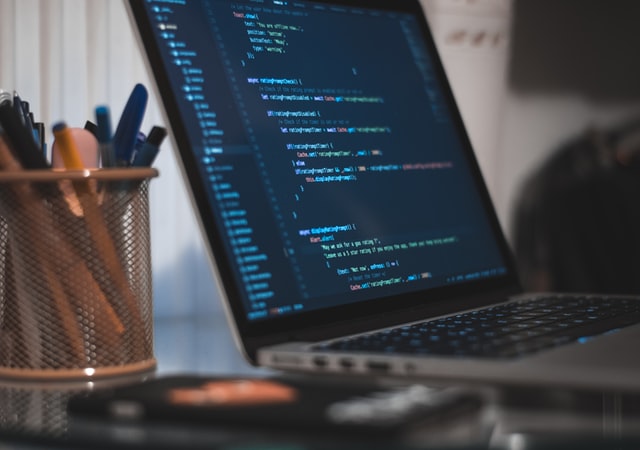
Creating learning materials
Creating learning materials
Practice makes perfect, and we learn through exercise. Well structured and thought through learning materials help the learner to understand and master new topics. Being able to solve exercises on their own leads to a feeling of accomplishment and success and keeps the motivation up. However, all too difficult exercises are demotivating, as are too easy ones. So how do we create the perfect exercises? Just like a good lesson, good learning material needs planning, a clean structure and a clear goal.
In this workshop we will look at how you can create learning materials tailored to the needs of your students, and also how to evaluate existing materials to find out if they are right for your students. You will practice how to create your own exercises on a topic you are currently teaching and how to adapt existing materials to fit your students needs.
Who is it for?
Educators, mentors, instructional designers and others working with the development of course materials.

The role of the teacher
The role of the teacher
The know-it-all, the single source of truth, the guiding mentor? What is the role of a teacher in adult education?
Being a teacher is so much more than just presenting new information and handing out exercises. It is about knowing how the students learn, anticipating their needs and being able to adjust the teaching style accordingly. It also involves creating or sustaining a motivating learning environment in which the learners are guided to success. In this workshop, we will examine different styles of teaching and learn how to develop a classroom persona. We will learn how to understand and how to teach a diverse group of learners, and how to sustain motivation throughout intense training.
Who is it for?
Educators and mentors.
Advanced - Collaborative Education

Group dynamics
Group dynamics
This workshop is designed for educators and trainers who want to better understand group dynamics and how we can use group dynamics to affect the learning process. Divided into three engaging parts, the session will explore how groups form, how to address challenges arising from negative dynamics, and how to actively improve group cohesion and collaboration.
In this workshop, we will discover the key stages of group development and understand how groups evolve over time. You will learn about the behaviours and challenges characteristic of each stage and how to guide groups toward effective collaboration.
We will discuss techniques to foster a positive and interactive group atmosphere. This segment emphasises creating opportunities for collaboration, enhancing communication, and building trust among group members.
Further, we will analyse real-life classroom scenarios where negative group dynamics can arise. This segment focuses on identifying the root causes of conflict and applying practical strategies to resolve issues, and turn a negative group dynamic into a productive learning environment.
By the end of this workshop, participants will feel confident in their ability to guide groups through challenges, foster a positive group atmosphere, and create an environment that encourages meaningful interaction and collaboration.
Who is it for?
Educators and mentors.

Common Conflicts
Common Conflicts
Wherever people come together, there is potential for conflicts. In adult learning environments, where each participant has different motives and goals, conflicts are programmed to arise. However, unresolved conflicts are a significant obstacle in the learning process.
In this interactive workshop, we'll identify the types of conflicts that typically occur in classrooms, such as teacher-student miscommunication, misunderstandings between students, difficulties with collaboration, and mismatches in expectations.
Working with real-world scenarios, we'll use conflict resolution techniques and practice how to de-escalate situations, as well as how to prevent conflicts through a communicative and inclusive learning environment.
By the end of this workshop, you will have a toolkit of strategies to recognise, manage, and resolve conflicts effectively, ensuring a positive and productive learning experience for all.
Who is it for?
Educators, mentors and everyone actively working in the learning environment.
Teaching, Learning and AI

AI-Tools for educators
Teaching with AI tools
Learn how to enhance your teaching using AI tools. Planning and conducting teaching should not be left to AI tools alone, but there are aspects of the lessons which you can improve with the help of AI.
In this 2 part workshop, you will learn how to utilise AI to gain new and learner-friendly perspectives on the teaching topic, save time in preparation, and promote learning at the same time!
Part 1: Preparing classes with AI tools
In the first session of the workshop series, you will learn how to use AI tools specifically for planning and designing your classes. You will learn how to develop structured learning plans based on your ideas and create tailored tasks that really motivate and encourage learners. Depending on your prior knowledge, you will also receive an overview of current and practical AI tools that will make your preparation easier.
Part 2: Supporting learners in their use of AI
The second session of the series focuses on supporting your learners. You will learn strategies that promote the meaningful use of AI tools in the learning process, far beyond simple copy & paste. The aim is to provide you with knowledge and methods that you can use to guide learners towards a use of AI that supports their learning.
Who is it for?
Educators and mentors.
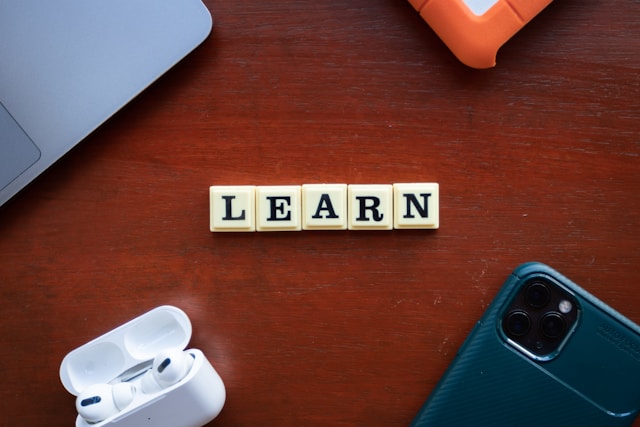
Learning with AI
Learning with AI
AI is transforming education, offering exciting new ways to learn and grow. While it might be tempting to let AI do your assignments, true progress comes from using these tools to deepen your understanding.
In this workshop, you'll discover how to utilise AI as your personal learning assistant-one that's always available, patient, and ready to explain concepts tailored to you. Learn how to create your own tasks, explore topics that truly fascinate and motivate you, and use AI to support your learning journey every step of the way. Empower yourself to become an independent, curious, and confident learner with AI as your guide!
Who is it for?
Students in higher or adult education
